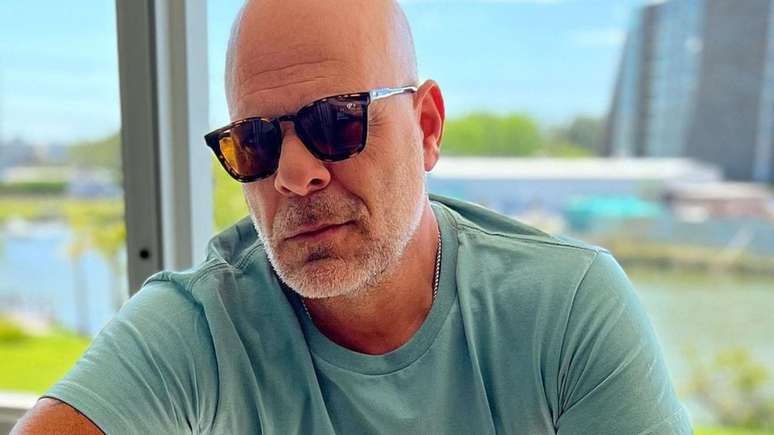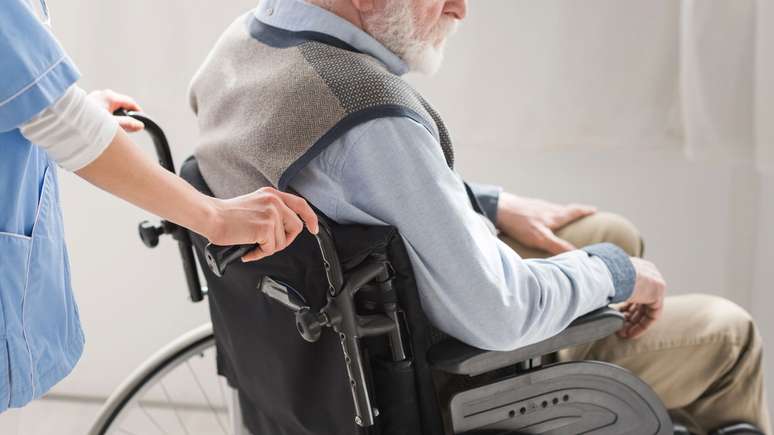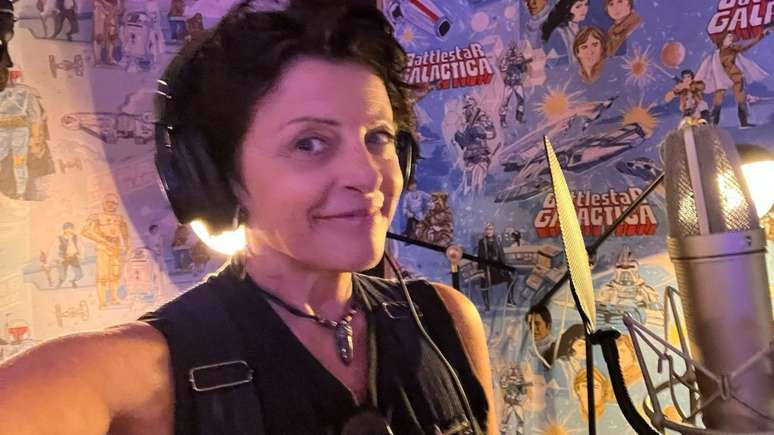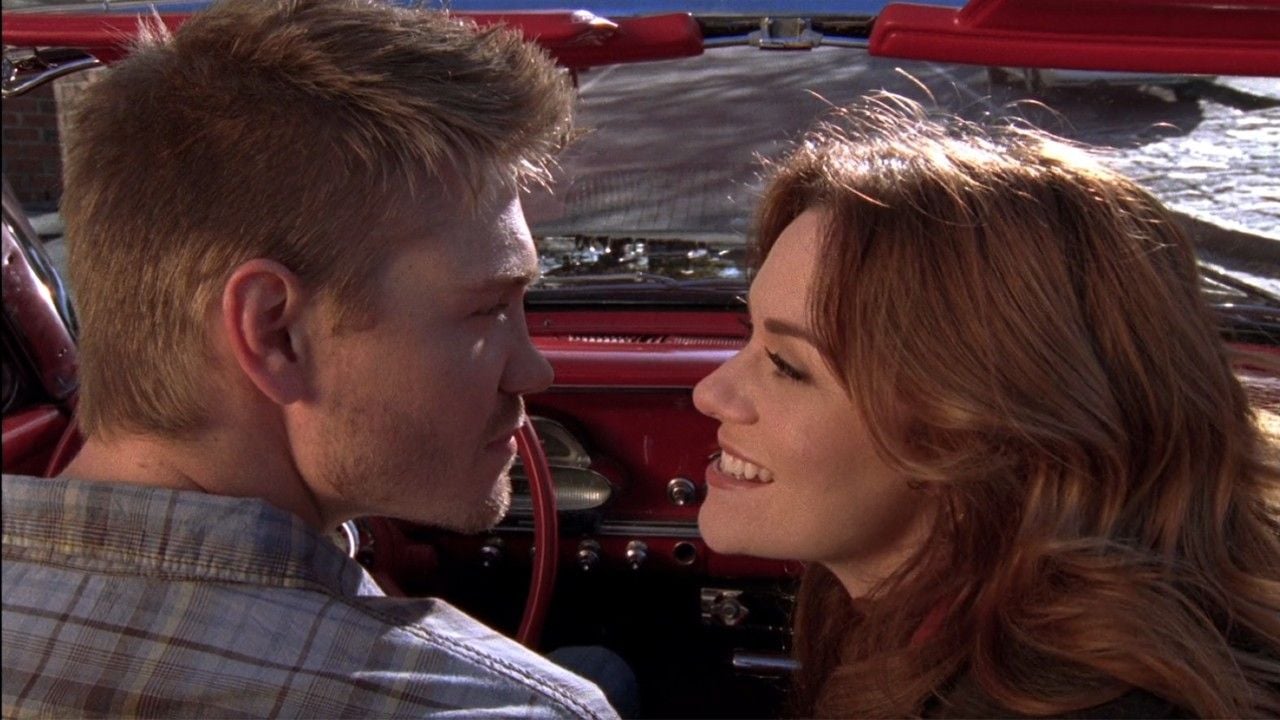Learn about the main symptoms and how to deal with frontotemporal dementia, a disease recently diagnosed with actor Bruce Willis
Less than 1 year after revealing that Bruce Willis was recently diagnosed with aphasia, the family of actor informed that, now, he has discovered a more specific diagnosis: the frontotemporal dementia. The protagonist of the film Die Hard her career has been on hiatus since April last year to take care of her health.
html[data-range=”xlarge”] figure image img.img-e0df1533167dc9239b8b504d6ad8e3a2p0fur86a { width: 774px; height: 435px; }HTML[data-range=”large”] figure image img.img-e0df1533167dc9239b8b504d6ad8e3a2p0fur86a { width: 548px; height: 308px; }HTML[data-range=”small”] figure image img.img-e0df1533167dc9239b8b504d6ad8e3a2p0fur86a, html[data-range=”medium”] figure image img.img-e0df1533167dc9239b8b504d6ad8e3a2p0fur86a { width: 564px; height: 317px; }
In an interview with Long live Saude Digitalneurologist and full member of the Brazilian Academy of Neurology, Dr. Inara Tais de Almeidaexplains that frontotemporal dementia significantly changes the patient’s behavior and personality.
“It refers to a group of diseases that involve deterioration of the frontal and temporal lobes of the brain. As these areas deteriorate, you lose the abilities these parts once controlled,” explains the neurologist.
See the main symptoms of frontotemporal dementia
Usually, people who are diagnosed with the disorder have different behaviors, including aggressive ones. Personality changes are evident and can lead to obsessiveness. As the disease progresses, new symptoms may appear.
“Key symptoms are apathy, loss of empathy, compulsive behaviors, dietary changes or mouth-focused behaviors, and loss of executive function”adds Dr. Inara.
How is the diagnosis made?
The specialist explains that it is possible to discover the disease through the patient’s history, as well as an examination carried out by the neurologist. Image testing can also help in the process.
“Usually the diagnosis is made by a neurologist based on your medical history and a physical and neurological exam (where a healthcare professional looks for signs and symptoms of a brain function-related problem). Some lab tests and tests are also possible. imaging tests are important because they can show areas of the brain where deterioration is occurring.”
Frontotemporal dementia has no cure
As the doctor explains, it is not possible to cure the disorder, but there are treatments that help delay its evolution: “Frontotemporal dementia has no cure and there’s no way to treat it directly. It’s also impossible to slow the progress of the disease. Healthcare professionals may recommend treating some of the symptoms, but this can vary from case to case.”
The role of the family in the care of the patient with dementia
While there is no cure for frontotemporal dementia, neurologists provide some essential care advice for people who have a family member with the disorder. It is important to remember that the patient may not understand the condition, so calm is key.
“People with frontotemporal dementia are often unaware of what is happening, which means they fail to recognize their symptoms or condition. Because they fail to see the problem, they often don’t believe they need treatment or medical attention This lack of understanding can lead to frustration or fear for the person with symptoms and their loved ones.”
It is a medical problem and sometimes unmanageable. Keeping calm and not taking things personally is advice Dr. Inara does, as people with frontotemporal dementia often can’t control their behavior or the things they say.
“Don’t be afraid to ask for help. Caring for someone with frontotemporal dementia often becomes more difficult, especially as the condition gets worse. If you’re caring for someone with this disease, don’t be afraid to ask for help or resources. There are often systems and support services available”concludes the professional.
Dr. Inara Tais de Almeida – Neurologist and Neuroimmunologist from São Paulo, full member of the Brazilian Academy of Neurology. Graduated in Medicine at the Faculty of Technology and Sciences and medical residency at the Irmandade da Santa Casa de Misericórdia de São Paulo. Clinical scholarship (specialization) in Neuroimmunology at the Outpatient Clinic of Demyelinating Diseases of the Federal University of São Paulo – Unifesp. Instagram: @inara.neuro
Source: Terra
Ben Stock is a lifestyle journalist and author at Gossipify. He writes about topics such as health, wellness, travel, food and home decor. He provides practical advice and inspiration to improve well-being, keeps readers up to date with latest lifestyle news and trends, known for his engaging writing style, in-depth analysis and unique perspectives.









